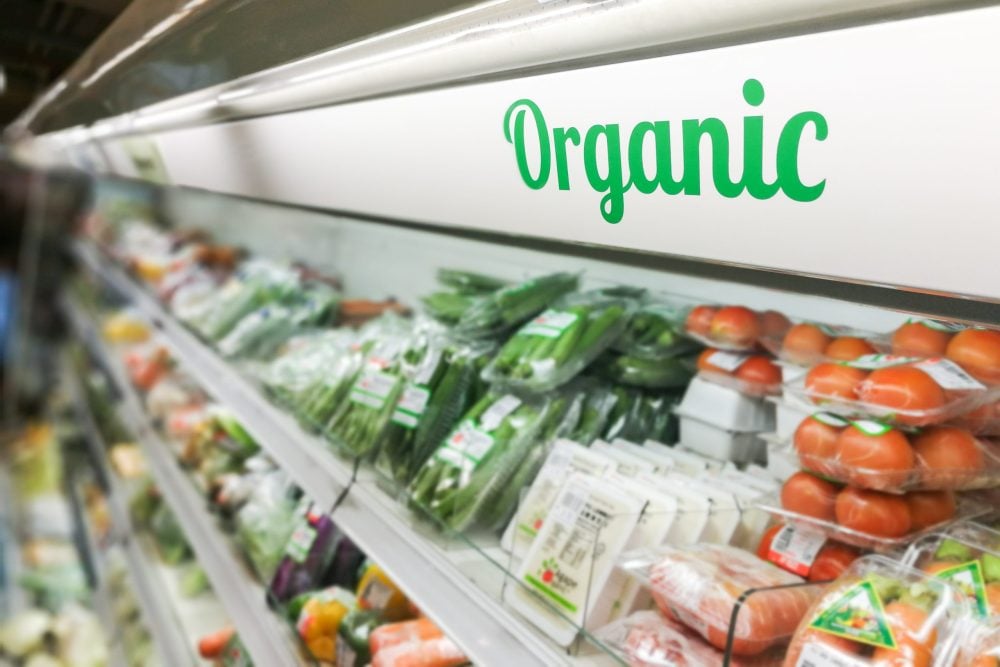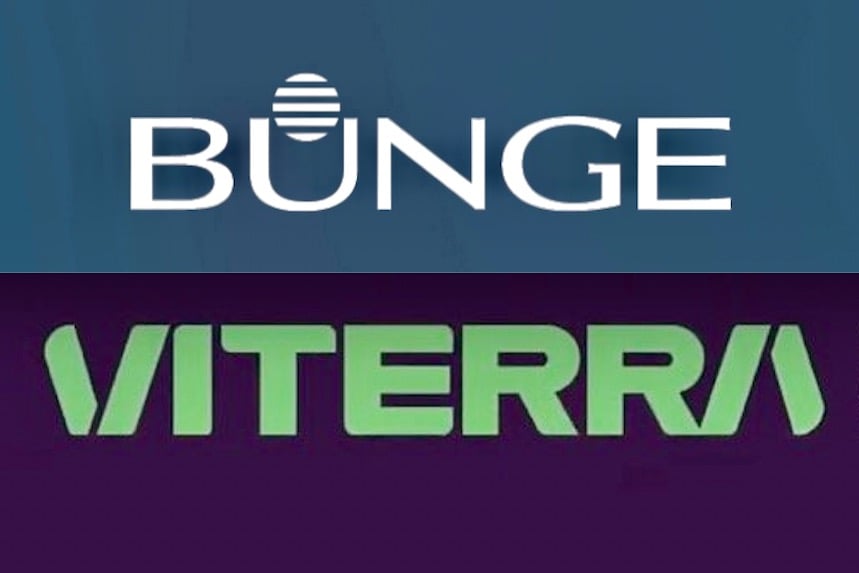New U.S. organic rules cause headaches for Canadian exporters

A rule change meant to protect the integrity of organic food in the U.S. is causing headaches for Canadian exporters as it nears its enforcement date.
The rule, which implements mandates from the 2018 U.S. Farm Bill, requires National Organic Program (NOP) certificates for all organic imports, and certification of businesses at more points of the supply chain, among other changes the U.S. Department of Agriculture said in a news release in January 2023.
The regulations came into force in March and will be strictly enforced after Sept. 19.
Read Also

EU clears Bunge and Viterra’s $34 billion merger deal
The European Commission said on Thursday that it had cleared the $34 billion merger deal between Bunge and the Glencore-backed company Viterra.
A key change for Canadian exporters is that all organic products sent to the United States (with a few exemptions) must have a valid, digital National Organic Program Import Certificate (NOPIC). These certificates were previously issued as paper copies, and in many cases were optional for Canadian companies.
Additionally, all operations (with a few exceptions) that produce or handle organic products destined for the U.S. must have organic certification, including companies that facilitate the movement of the product.
Some intermediaries that previously didn’t need NOP certification now need to be certified, such as traders, commodity brokers and importers.
To add an extra layer of complication, a NOPIC can only be issued to the ‘importer of record’ if they are certified to the USDA NOP organic standard. This includes Canadian companies that act as the ‘importer of record’ on behalf of non-certified companies or who are certified organic through the Canada Organic Regime (COR).
“It’s the first time that certain Canadian businesses exporting to the US cannot rely on their COR certificate for export to the US,” said Tia Loftsgard, executive director of the Canada Organic Trade Association (COTA). “Importers of record based in Canada must be NOP-certified as a result of this new USDA rule.”
Canada has had an equivalency arrangement with the U.S. since 2009, in which both countries have agreed to recognize each other’s organic standards and enforcement to facilitate trade. However, this new legislation overlays new requirements on that arrangement, Loftsgard explained.
There are several certifiers in Canada that are NOP-accredited, Loftsgard said. However, certifiers that aren’t are suddenly at a disadvantage as they’ll need to spend the time and money to get their certification body accredited to the NOP.
Despite the outreach that the USDA did to inform industry of the change, inevitably there has been some confusion as to how the rules will roll out, Loftsgard added. For instance, U.S. officials only clarified in May that importers of record based in Canada would require NOP certification. Clarifications on requirements for e-commerce were also only recently issued in writing.
Source: Farmtario.com

